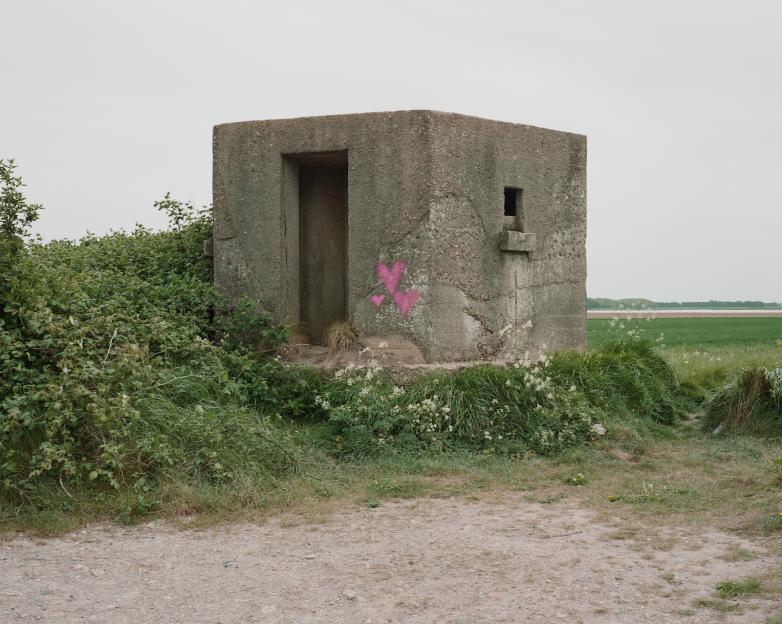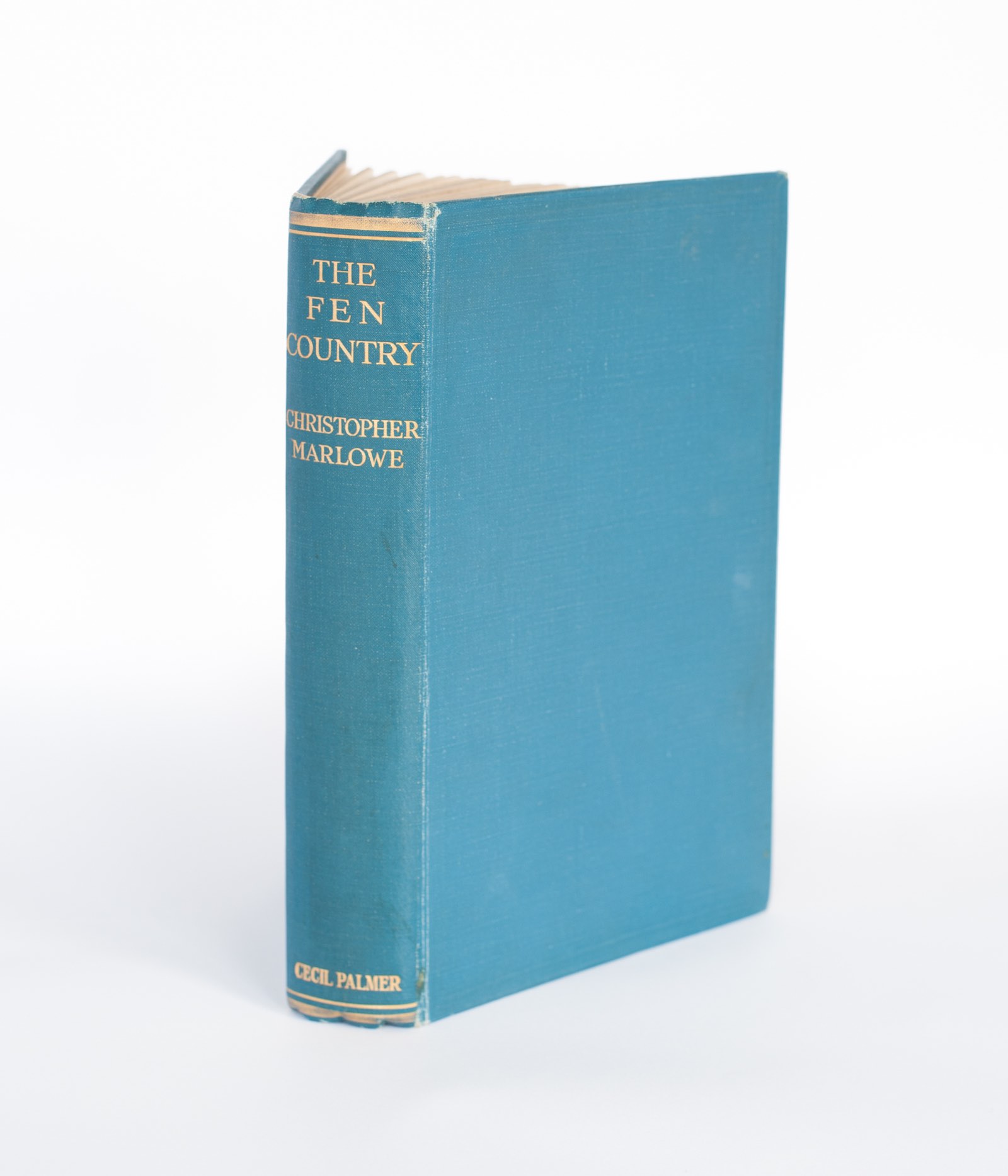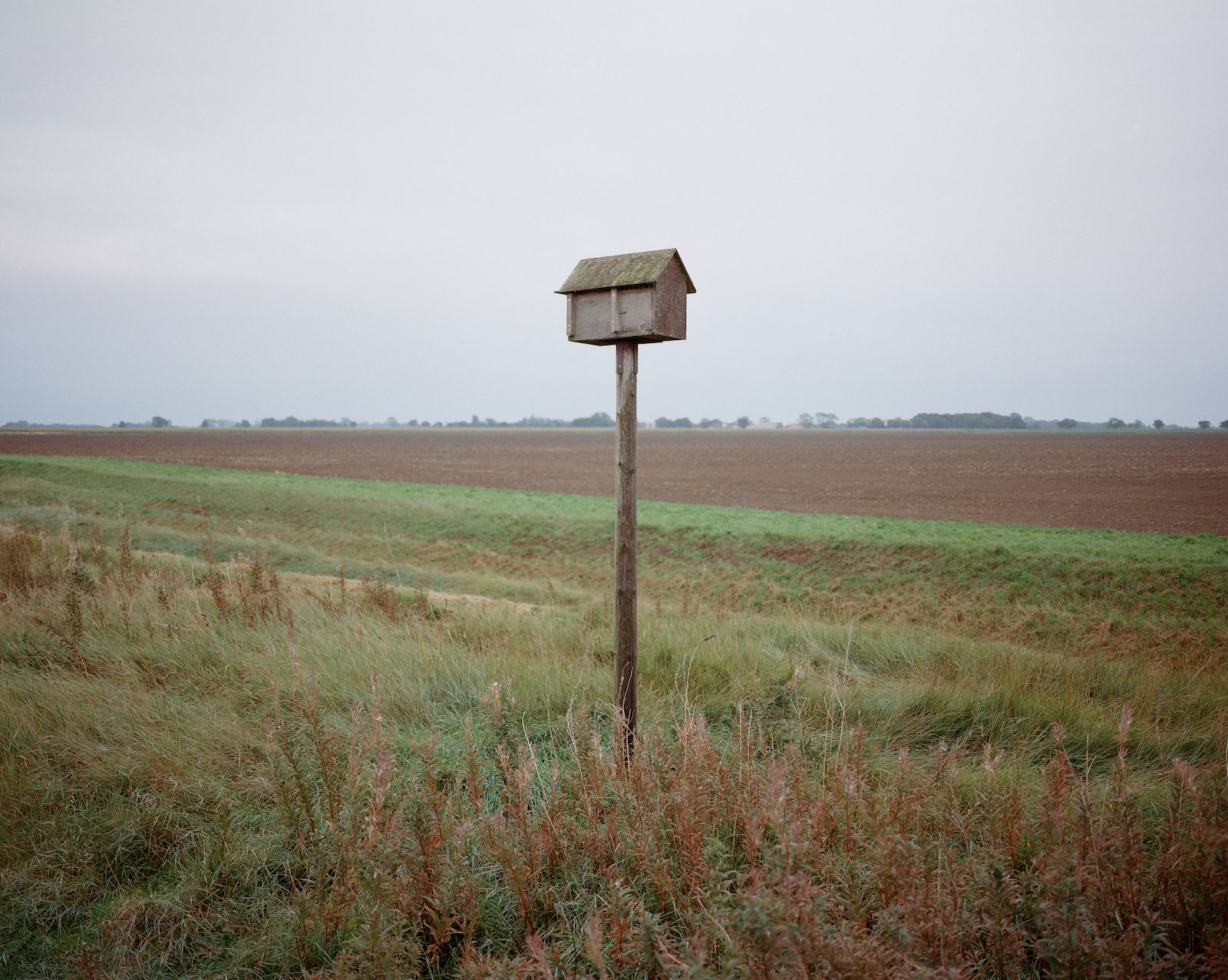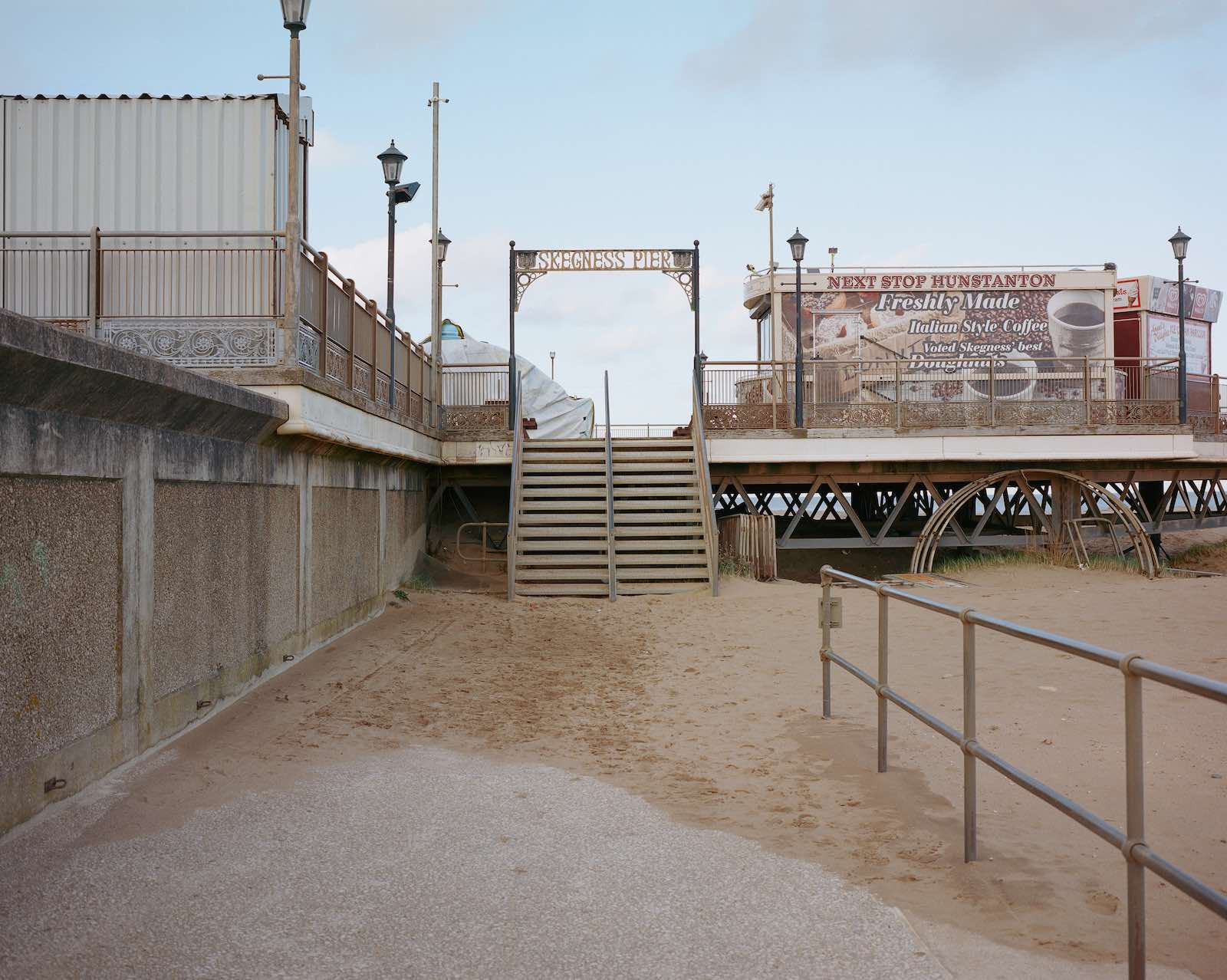I'm a documentary photographer and saw the opportunity to tell Marlowe’s story uniquely with pictures. Just before the covid pandemic hit the UK I set off, with the book as my map, to capture the landscape and sights that Marlowe had written about. Above all I wanted to depict Marlowe’s quest to find love to life while visualising the impact the war had had on him. The result is my new book, Forelsket.
But like all good stories there’s a twist.
In 1926 Cecily called off the engagement.
Shortly after, Marlowe wrote to her mother that despite having to accept Cecily’s decision he was so very grateful to have been loved by Cecily. Both would marry others in 1928 and a year later Cecily would have her only child.
That child was my mother.
In the same year, an abridged version of The Fen Country was published in the National Geographic Magazine alongside some of the earliest colour photographs of the United Kingdom.
The Fen Country has drifted into obscurity, a relic of the past, but my copy has defied time and reminds us of the role decisions in the past play in our own lives. It remains as moving in its dedication today as it was when first given to Cecily. A simple gesture from one lover to another, yet a poignant reflection of our own individual quests for 'forelsket', a Norwegian word used by the descendants of those who settled in the Fens a thousand years ago to describe euphoria.
Nick Goring’s book, Forelsket, is published by Another Place Press on April 12 and is available for pre-order. An exhibition of a selection of the photographs from the book will be exhibited at Village Books in Leeds from April 12.




















